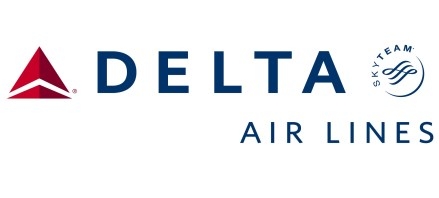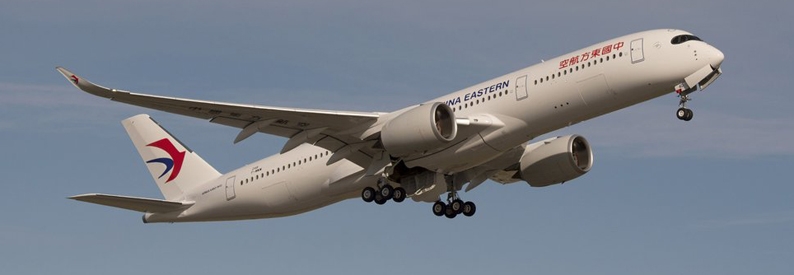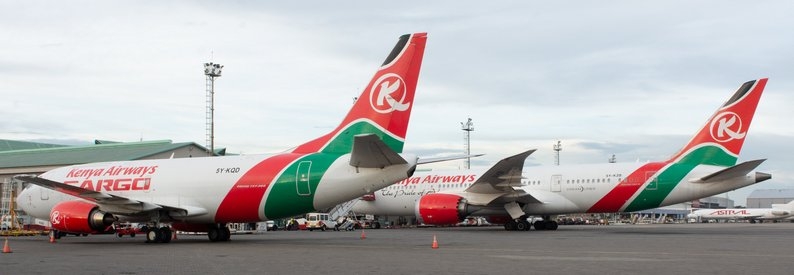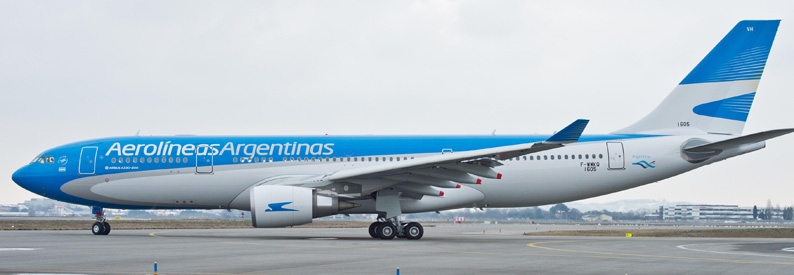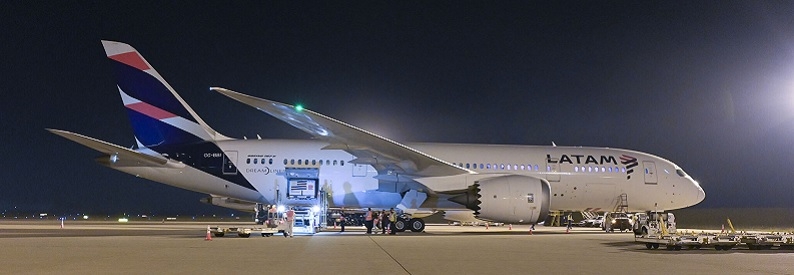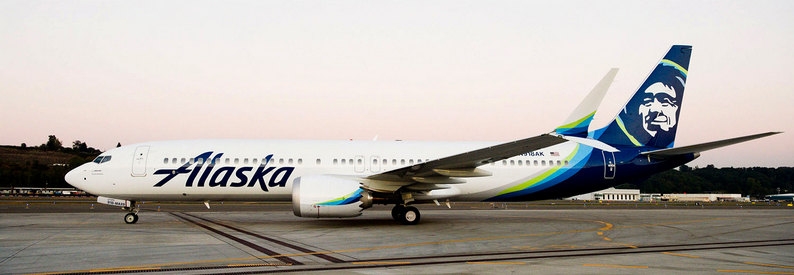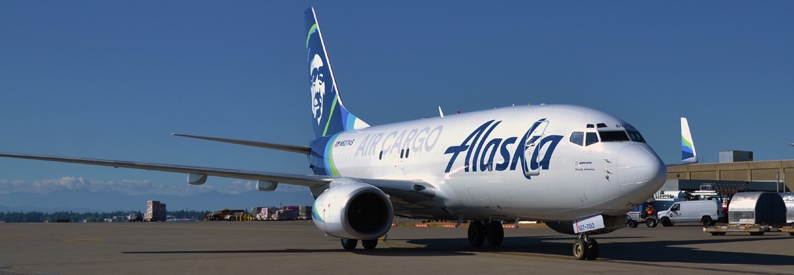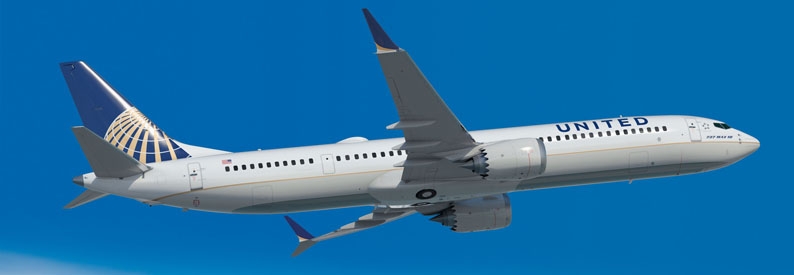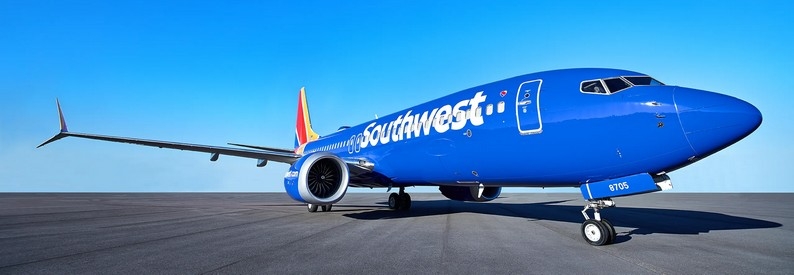Delta Air Lines (DL, Atlanta Hartsfield Jackson) has responded to calls to the US Department of Transportation (DoT) by American Airlines (AA, Dallas/Fort Worth) and Hawaiian Airlines (HA, Honolulu) to revoke its Seattle Tacoma International to Tokyo Haneda traffic rights calling their objections meritless.
Earlier this month, Hawaiian joined American in petitioning the DoT to revoke Delta's Haneda rights claiming the carrier's decision to downgrade its Seattle - Tokyo Haneda route to a seasonal service over the period October 1 until March 28, 2015, represented a gross under-utilization of the much prized slot. Under the terms of a US-Japan bilateral agreement, US airlines may operate a total of four daily round-trip flights per day at Haneda Airport, where operations are limited, with Delta occupying two of the slots, and United Airlines (UA, Chicago O'Hare) and Hawaiian the other two.
However, in its response, Delta defended its move stating that the seasonal use of the route's rights did not violate any DoT regulations or conditions.
"Delta’s utilization of its SEA-HND slots not only meets the Department’s [90-day] dormancy condition but also complies with the Department’s well-established precedent that when a carrier holding unused frequencies has “firm plans” to use them, those frequencies will remain with the holder and not be reallocated," it argued.
While Delta did concede that it has struggled to establish its Haneda operations, it did note that its Seattle strategy has begun to bear fruit with a recent "surge" in passenger traffic and profitability. As a result, it plans to operate an upswing in demand for the route during next year's winter season.
"Buoyed by this unexpectedly strong summer 2014 performance, Delta has offered a full pattern of daily Seattle-Haneda service in summer 2015 and anticipates a more regular schedule next winter."
Delta also argued that stripping it of slots and reassigning them to American (or Hawaiian) would be contrary to DOT precedent on dormancy and would violate the fundamental fairness and due process requirements of the Administrative Procedure Act and applicable federal case law.
"Having granted Delta Seattle-Haneda slots only last year after a full route proceeding, and with not even American alleging that Delta isn’t complying with the Department’s Order, it would be both illegal and a policy mistake for DOT to summarily revoke and reallocate the slots. Airlines need to have certainty to plan and develop service, and need to rely on presumptive finality if they comply with the Department’s ordering conditions."
As a Skyteam member, Delta warned that any revocation and subsequent reallocation of its Haneda slots to American, a Oneworld affiliate, would only serve to boost Oneworld's dominant position at Haneda thereby defeating the US DoT's longterm objective of opening up Haneda to more diverse US traffic.
"Delta is in a uniquely difficult position as the only major network carrier serving Japan without a Japanese alliance partner. In fact, the incumbent alliance carriers have every reason not to make slots available for Delta to compete. It is therefore imperative that the Department secure from the Government of Japan the slots that are necessary to move Delta’s hub (from Tokyo Narita to Haneda) and preserve Delta and SkyTeam as a third competitor in the U.S.-Tokyo marketplace."
